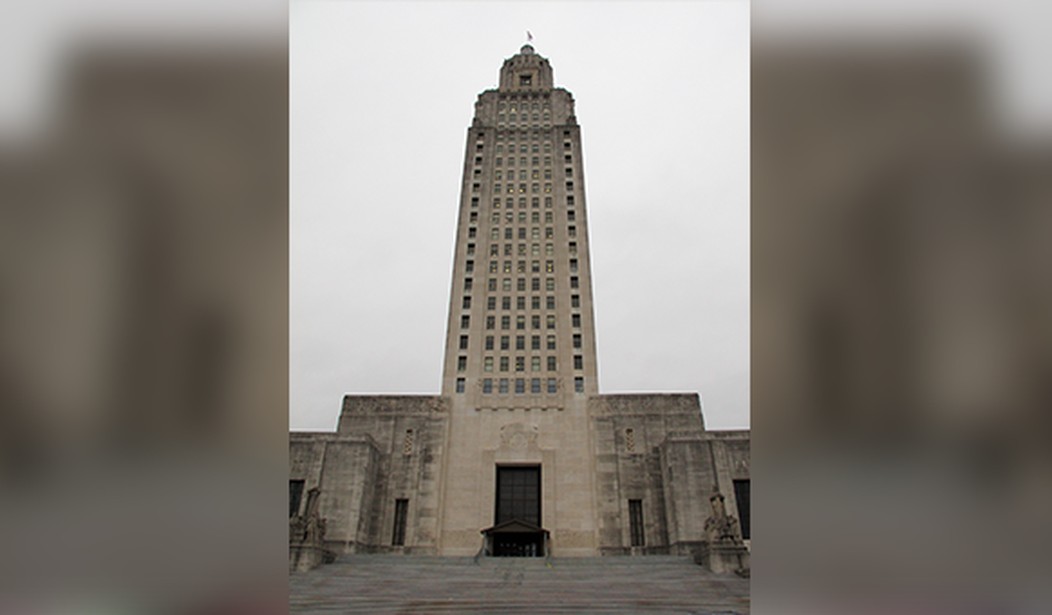Ranked-choice voting could soon become illegal in Louisiana. State lawmakers approved a bill on Wednesday that would prohibit the practice. Proponents of the bill argue that ranked-choice voting leaves the system vulnerable to fraud, while opponents insist it is the best way to represent the will of the voters.
The issue is important because this bill could determine how local governments conduct their elections and require a one-size-fits-all solution. However, it could also simplify the election process.
Senate Bill 101, sponsored by Sen. Blake Miguez, R-New Iberia, passed the House in a 74-22 vote and will return to the Senate for concurrence before heading to Gov. Jeff Landry, who is expected to sign it into law.
The vote fell mostly along party lines with every Republican voting in favor of the proposal and most Democrats voting against it except for Reps. Roy Daryl Adams of Jackson, Marcus Bryant of New Iberia, Robby Carter of Amite and Steven Jackson of Shreveport.
Miguez’s bill prohibits local governments from holding ranked-choice elections, with an exception for out-of-state military members who have used it in Louisiana elections for decades.
Ranked-choice voting, also known as instant-runoff voting, allows voters to rank candidates in their order of preference instead of just choosing one candidate. If a candidate wins over 50 percent of first-place votes, they will win the election.
However, under this system, if no candidate secures a majority in the first round of voting, the candidate with the fewest number of votes is eliminated from the race. Voters who chose the eliminated candidate as their first choice would have their votes transferred to the second-choice candidate. This process of elimination proceeds until one candidate finally receives more than half of the votes.
State Sen. Blake Miguez, a Republican, sponsored the bill, arguing that ranked-choice voting is a complicated system and claimed that it resulted in thousands of “trashed ballots” in Alaska and Maine.
Secretary of State Nancy Landry asserted that service members who use ranked choice dislike the process. She said the method was only needed because of the short time between primary and runoff elections.
State Sen. Sam Jenkins argued that the process “could become difficult for voters to understand.”
Conversely, those favoring ranked-choice voting contend that it can produce an outcome with which more voters could be satisfied. Will Martel, Communications Director of Fair Vote, countered Miguez’s claim about "trashed ballots,” arguing that the method is a better representation of people’s choice of candidates. He asserted that Miguez’s statement is “like saying 35% of ballots were ‘trashed’ in the Louisiana secretary of state or Louisiana AG (attorney general) races last year because fewer people voted in the runoff.”
Columnist Will Sutton pointed out that “More than a dozen states use some form of RCV, either statewide or in cities or political parties.” He used Louisiana’s gubernatorial election as an example:
Jeff Landry won the gubernatorial primary outright with 52% of the vote in a field of 15 candidates. If Louisiana had used ranked-choice voting, Landry likely would have prevailed without “second choice” votes. But, he might have campaigned differently to ensure a win, by going after second-place votes.
The bill will go to the Senate and, if passed, to Gov. Jeff Landry’s desk for his signature.
Editor's Note: This article was updated post-publication to reflect that the bill is headed back to the Senate, rather than the House. We apologize for the error.












Join the conversation as a VIP Member